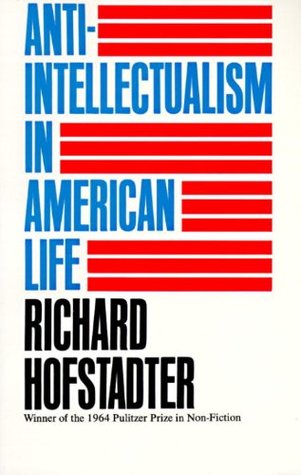It was not possible to develop labor leadership of the type that could finally succeed in creating permanent organizations in America until a curious dialectic had been gone through: first, the influence of intellectuals and their systematic critique of capitalism created an awareness of the necessity for and the possibilities of a labor movement; but then, in successive stages, this influence had to be thrown off before the labor movement could shed distractions and excrescences, devote itself to organizing job-conscious trade unions, and establish itself on a durable and successful footing.
Welcome back. Just a moment while we sign you in to your Goodreads account.


